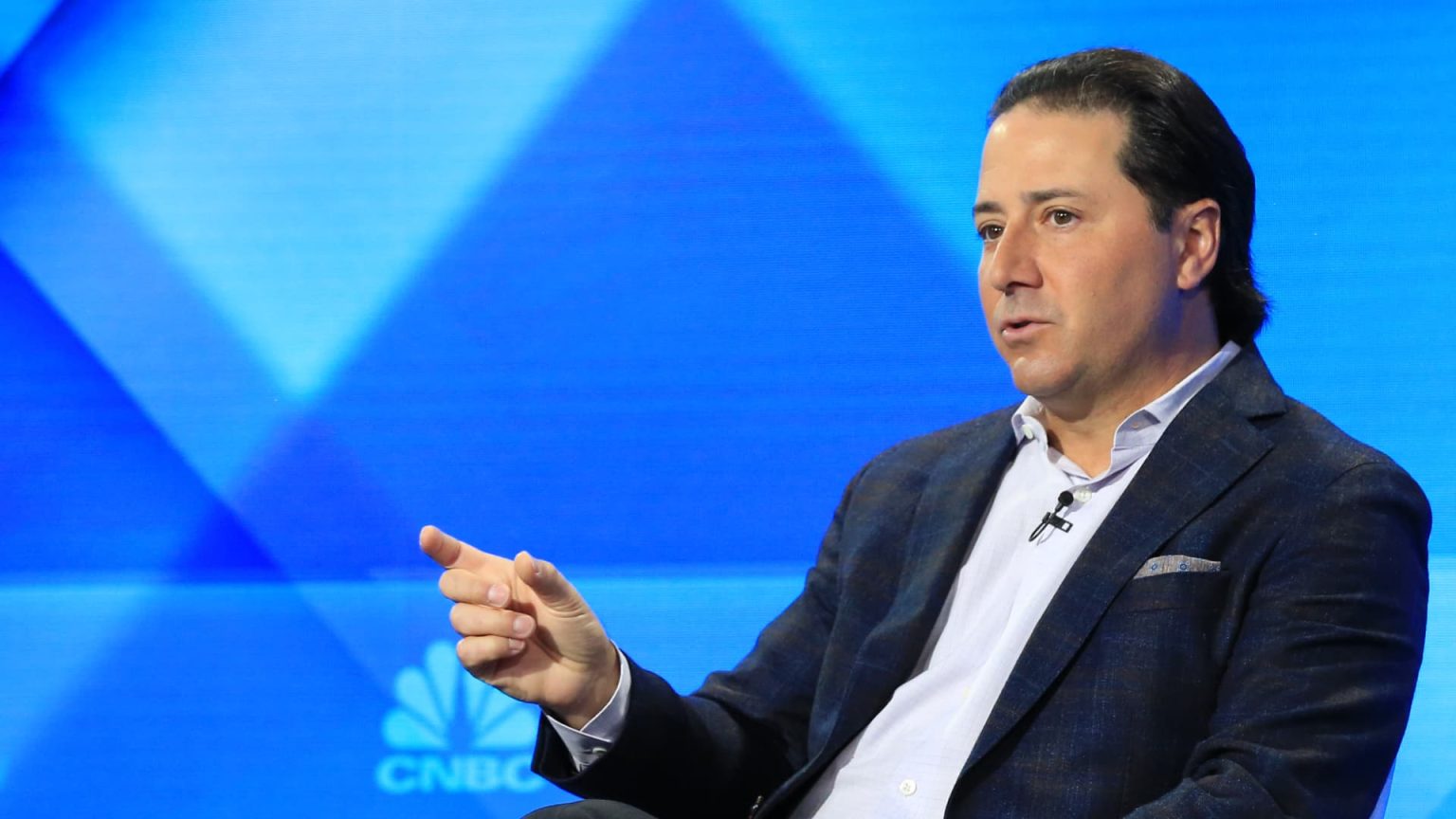Private credit has experienced a rapid expansion recently, leading to concerns about how the industry will fare in the event of a downturn. Jamie Dimon, Chairman and CEO of JPMorgan, expressed skepticism about the readiness of the private credit sector to handle a crisis, highlighting potential negative consequences for borrowers. He pointed out that banks tend to be more flexible in working with borrowers during times of economic hardship, whereas private credit firms may face challenges due to the mark-to-market nature of their loans. However, Michael Arougheti, CEO of Ares Management, defended the industry, citing the firm’s track record of low loss rates over 30 years.
Ares Management’s executive team, including Tony Ressler, emphasized that the growth of private credit could actually reduce systemic risk, as the assets are often held by companies with lower leverage and less reliance on short-term liabilities or customer deposits. The private credit sector has seen lower recovery rates upon default compared to traditional bank loans, potentially due to the industry’s exposure to sectors with fewer tangible assets. However, recent data shows a mixed picture for implied recoveries in private credit, with average post-default values for direct loans falling below those of syndicated loans but above high-yield bonds.
As the private credit industry continues to expand, it becomes increasingly interconnected with traditional banking services. JPMorgan, for example, is a major financier of private credit portfolios and has dedicated capital on its balance sheet for direct loans to corporate borrowers. The firm is also developing a co-lending program to increase its capacity in this space. This growing integration implies that a potential economic downturn could have wide-reaching consequences, affecting borrowers and financial institutions across the board.
Despite criticisms and concerns about the private credit industry’s ability to weather a crisis, Ares Management remains confident in its risk management practices and historical performance. The firm has invested heavily in private credit markets and maintained a low loss rate, suggesting that the perceived risks may be exaggerated. However, the industry’s lack of experience with high interest rates, recessions, and wide spreads raises valid questions about its ability to respond effectively to future challenges.
Overall, the debate over the private credit industry’s resilience in times of economic stress highlights the uncertainties surrounding this fast-growing sector. While some experts express confidence in the industry’s ability to navigate a crisis, others caution about potential risks and challenges. As private credit becomes more intertwined with traditional banking systems, the implications of a downturn become more complex and far-reaching, underscoring the need for careful monitoring and risk management practices in both sectors.


